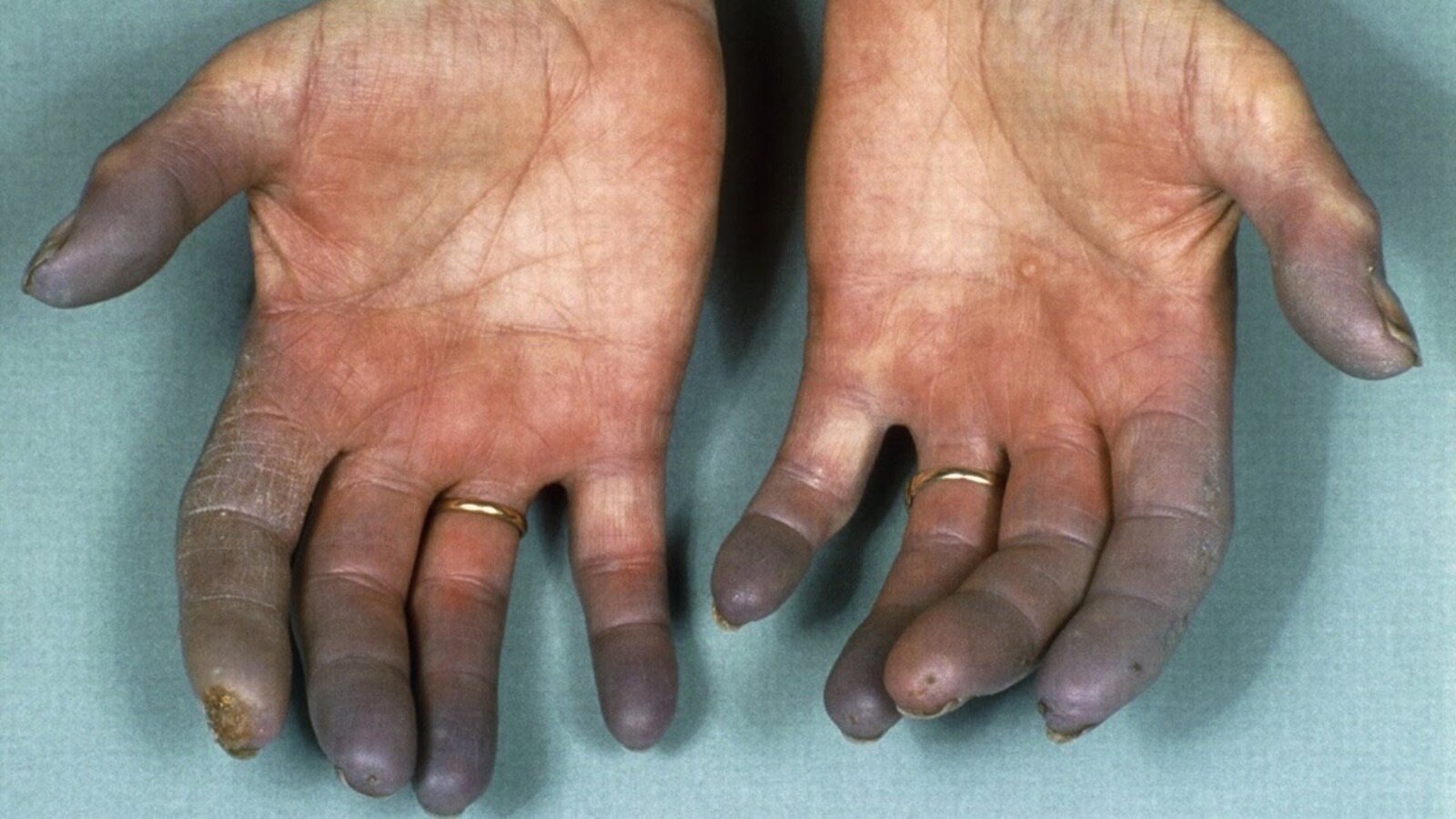
Bürger–Grütz Syndrome is a rare genetic disorder that affects the body's ability to metabolize fats properly. Characterized by the accumulation of lipids in various tissues, this condition can lead to a range of health issues, including liver disease, pancreatitis, and cardiovascular problems. Symptoms often appear in childhood and can vary widely among individuals, making diagnosis challenging. Understanding the genetic basis and clinical manifestations of Bürger–Grütz Syndrome is crucial for effective management and treatment. In this post, we'll explore 25 intriguing facts about this condition, shedding light on its causes, symptoms, and potential treatments. Whether you're a medical professional, a student, or someone affected by the syndrome, this information will provide valuable insights into this complex disorder.
Key Takeaways:
- Bürger–Grütz Syndrome is a rare genetic disorder causing high triglyceride levels, leading to pancreatitis and xanthomas. Treatment involves low-fat diet, medication, and regular monitoring for a relatively normal life expectancy.
- Research for Bürger–Grütz Syndrome includes gene therapy, new medications, clinical trials, patient registries, and support groups for better management and potential cures.
What is Bürger–Grütz Syndrome?
Bürger–Grütz Syndrome, also known as familial hyperlipoproteinemia type I, is a rare genetic disorder. It affects the body's ability to break down fats, leading to high levels of triglycerides in the blood. This condition can cause various health issues, including pancreatitis and xanthomas.
-
Genetic Disorder: Bürger–Grütz Syndrome is inherited in an autosomal recessive manner. Both parents must carry the gene for a child to be affected.
-
Enzyme Deficiency: The syndrome results from a deficiency in lipoprotein lipase (LPL), an enzyme crucial for breaking down triglycerides.
-
High Triglycerides: Individuals with this condition have extremely high levels of triglycerides in their blood, often exceeding 1,000 mg/dL.
-
Pancreatitis Risk: Elevated triglycerides increase the risk of pancreatitis, a painful inflammation of the pancreas.
-
Xanthomas: Fatty deposits called xanthomas can form under the skin, particularly on the elbows, knees, and buttocks.
Symptoms and Diagnosis
Recognizing the symptoms early can lead to better management of Bürger–Grütz Syndrome. Diagnosis typically involves blood tests and genetic screening.
-
Abdominal Pain: Severe abdominal pain is a common symptom due to pancreatitis.
-
Eruptive Xanthomas: These are small, yellowish bumps that appear suddenly on the skin.
-
Hepatosplenomegaly: Enlargement of the liver and spleen can occur, causing discomfort and other complications.
-
Lipid Blood Tests: Blood tests reveal elevated triglyceride levels and low levels of HDL cholesterol.
-
Genetic Testing: Confirming the diagnosis often involves genetic testing to identify mutations in the LPL gene.
Treatment and Management
Managing Bürger–Grütz Syndrome focuses on reducing triglyceride levels and preventing complications. Lifestyle changes and medications play a crucial role.
-
Low-Fat Diet: A strict low-fat diet helps manage triglyceride levels.
-
Omega-3 Fatty Acids: Supplements like fish oil can help lower triglycerides.
-
Fibrates: Medications such as fibrates are often prescribed to reduce triglyceride levels.
-
Avoid Alcohol: Alcohol can exacerbate triglyceride levels and should be avoided.
-
Regular Monitoring: Frequent blood tests are necessary to monitor triglyceride levels and adjust treatment as needed.
Complications and Long-Term Outlook
Understanding potential complications and the long-term outlook is essential for those living with Bürger–Grütz Syndrome.
-
Recurrent Pancreatitis: Without proper management, individuals may experience recurrent episodes of pancreatitis.
-
Cardiovascular Disease: High triglyceride levels can increase the risk of cardiovascular diseases.
-
Diabetes Risk: There is an increased risk of developing diabetes due to insulin resistance.
-
Liver Disease: Fatty liver disease can develop, leading to further liver complications.
-
Life Expectancy: With proper management, individuals can lead relatively normal lives, though they must remain vigilant about their condition.
Research and Future Directions
Ongoing research aims to improve the understanding and treatment of Bürger–Grütz Syndrome. Advances in genetics and medicine offer hope for better management and potential cures.
-
Gene Therapy: Researchers are exploring gene therapy as a potential treatment to correct the underlying genetic defect.
-
New Medications: Development of new medications targeting triglyceride metabolism is underway.
-
Clinical Trials: Participation in clinical trials can provide access to cutting-edge treatments and contribute to scientific knowledge.
-
Patient Registries: Patient registries help collect data on the condition, aiding research and improving care.
-
Support Groups: Joining support groups can provide emotional support and practical advice for managing the condition.
Final Thoughts on Bürger–Grütz Syndrome
Bürger–Grütz Syndrome, though rare, offers a fascinating glimpse into the complexities of human genetics. Understanding its symptoms, causes, and treatments can help those affected lead better lives. Early diagnosis and intervention are crucial for managing this condition effectively. Genetic counseling can provide valuable insights for families, helping them navigate the challenges that come with the syndrome. Awareness and education about Bürger–Grütz Syndrome can foster a more inclusive and supportive environment for those living with it. By staying informed and advocating for research, we can hope for better treatments and, eventually, a cure. Remember, knowledge is power, and sharing information about rare conditions like Bürger–Grütz Syndrome can make a significant difference. Stay curious, stay informed, and keep spreading awareness.
Frequently Asked Questions
Was this page helpful?
Our commitment to delivering trustworthy and engaging content is at the heart of what we do. Each fact on our site is contributed by real users like you, bringing a wealth of diverse insights and information. To ensure the highest standards of accuracy and reliability, our dedicated editors meticulously review each submission. This process guarantees that the facts we share are not only fascinating but also credible. Trust in our commitment to quality and authenticity as you explore and learn with us.
